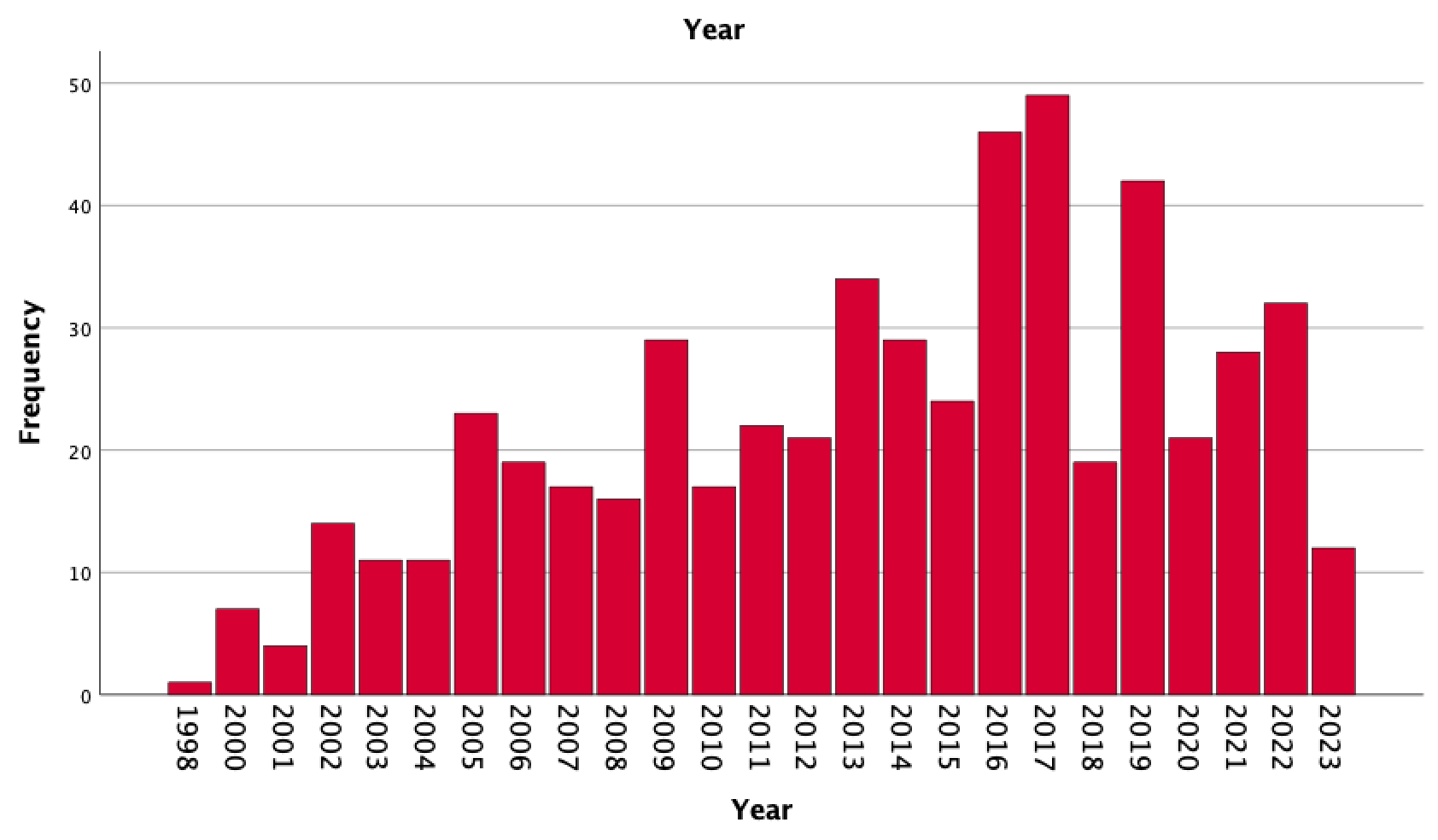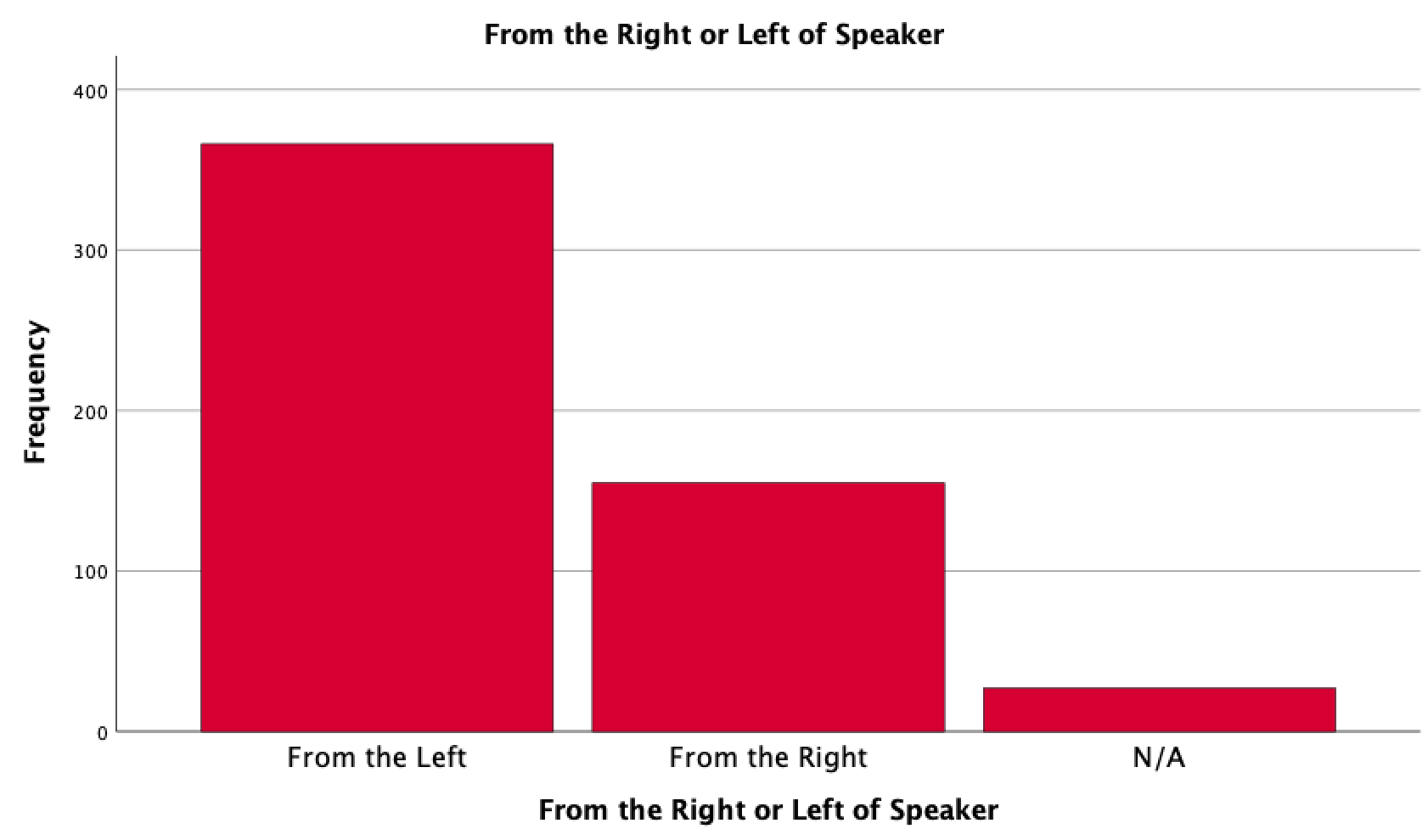Politics
Campus Leftists Have Already Tried To Disinvite A Dozen Conservative Speakers Three Months Into 2023
No featured image available
- The Foundation for Individual Rights and Expression (FIRE) operates a database to track how many times college students attempt to disinvite a campus speaker because they disagree with the speaker’s topic.
- Students have attempted to disinvite 13 campus speakers so far in 2022 with 12 being conservative speakers, according to the database.
- “We use the term ‘disinvitation incident’ to describe the controversies on campus that arise throughout the year whenever segments of the campus community demand that an invited speaker not be allowed to speak (as opposed to merely expressing disagreement with, or even protesting, an invited speaker’s views or positions),” FIRE’s Director of Faculty Outreach Komi Frey, told the Daily Caller News Foundation.
Left-wing students have already tried to pressure several universities to disinvite a dozen conservative speakers from being on campus three months into 2023, according to a database compiled by free speech watchdog Foundation for Individual Rights and Expression (FIRE).
The database tracks which speakers college students from both liberal and conservative ideologies have attempted to block from speaking on campus because of their viewpoint by demanding the universities rescind the invitations, according to the website. The data is broken down by year and shows that of 13 attempts to disinvite speakers, a dozen were led by students more “left” of the speaker.
Conservative commentators Michael Knowles and Charlie Kirk and Manhattan Institute Senior Fellow and Director of Constitutional Studies Ilya Shapiro were named multiple times on the database, the website reads. Other names include former University of Kentucky swimmer Riley Gaines, Federal Judge Kyle Duncan, commentators Matt Walsh and Cabot Phillips and Republican Virginia Gov. Glenn Youngkin.
The database provides an outline of each disinvitation event including where the incident occurred and what the speech was about.
Knowles faced backlash from students at the University of Buffalo, University of Pittsburgh and Purdue University for speaking about gender and transgenderism, according to the reports. Students at University of Denver Sturm College of Law demanded Shapiro be disinvited for speaking about race and Diversity, Equity and Inclusion.
Duncan spoke at Stanford University about COVID-19, guns and Twitter, and Walsh was supposed to speak at Washington & Lee University about gender but postponed after his family received unassociated threats.
University of Pittsburgh students pushed back against Phillips, who spoke about the media, and Gaines, who discussed efforts to save women’s sports, and George Mason University students are currently opposing a university decision to invite Youngkin to speak at the spring graduation ceremony on May 18.
Kirk spoke at Ohio State University and the University of California, Davis, this semester as part of his spring college tour, both of which discussed general political topics, according to the database.
The sole speaker students on the right appear to have attempted to disinvite is former President of Colombia Juan Manuel Santos, who was invited to deliver the University of Notre Dame (UND) commencement speech for the 2023 spring graduation class. TFP Student Action began a petition to disinvite Santos and allege he is “pro-abortion,” according to the petition description.
“We use the term ‘disinvitation incident’ to describe the controversies on campus that arise throughout the year whenever segments of the campus community demand that an invited speaker not be allowed to speak (as opposed to merely expressing disagreement with, or even protesting, an invited speaker’s views or positions),” FIRE’s Director of Faculty Outreach Komi Frey, told the Daily Caller News Foundation. “We make a distinction between an attempt to censor a speaker and the actual end result of a speaker not speaking.”
People requested information about the rising trend of students attempting to disinvite speakers they disagree with after FIRE released its Disinvitation Report in 2014, Frey told the DCNF. The database was launched one year after to “allow anyone interested to utilize the data we have collected to do research and draw their own conclusions.”

The graph shows the number of disinvitation attempts per year. (Foundation for Individual Rights and Expression)
There have been 548 attempts to cancel speakers on college campuses since 1998 with the highest annual reports dated in 2016, 2017 and 2019, Frey explained. There were only 32 attempted disinvitations in 2022 — 19 more than is already reported this year.
The disinvitation attempts are more likely to come from left-leaning students as 67% of the overall attempts were from the left while only 28% were from the right, she continued.

The graph shows the number of disinvitation attempts from students on the left and the right. (Foundation for Individual Rights and Expression)
The report is consistent with surveys that show that conservative students are more likely than liberal students to self-censor on campus out of fear of retaliation. While one-in-five students admitted they cannot always speak freely on campus because of how others may respond, 42% of conservative students agreed to the sentiment while only 13% of liberal students did, according to FIRE’s 2023 College Free Speech Rankings report.
All content created by the Daily Caller News Foundation, an independent and nonpartisan newswire service, is available without charge to any legitimate news publisher that can provide a large audience. All republished articles must include our logo, our reporter’s byline and their DCNF affiliation. For any questions about our guidelines or partnering with us, please contact [email protected].

